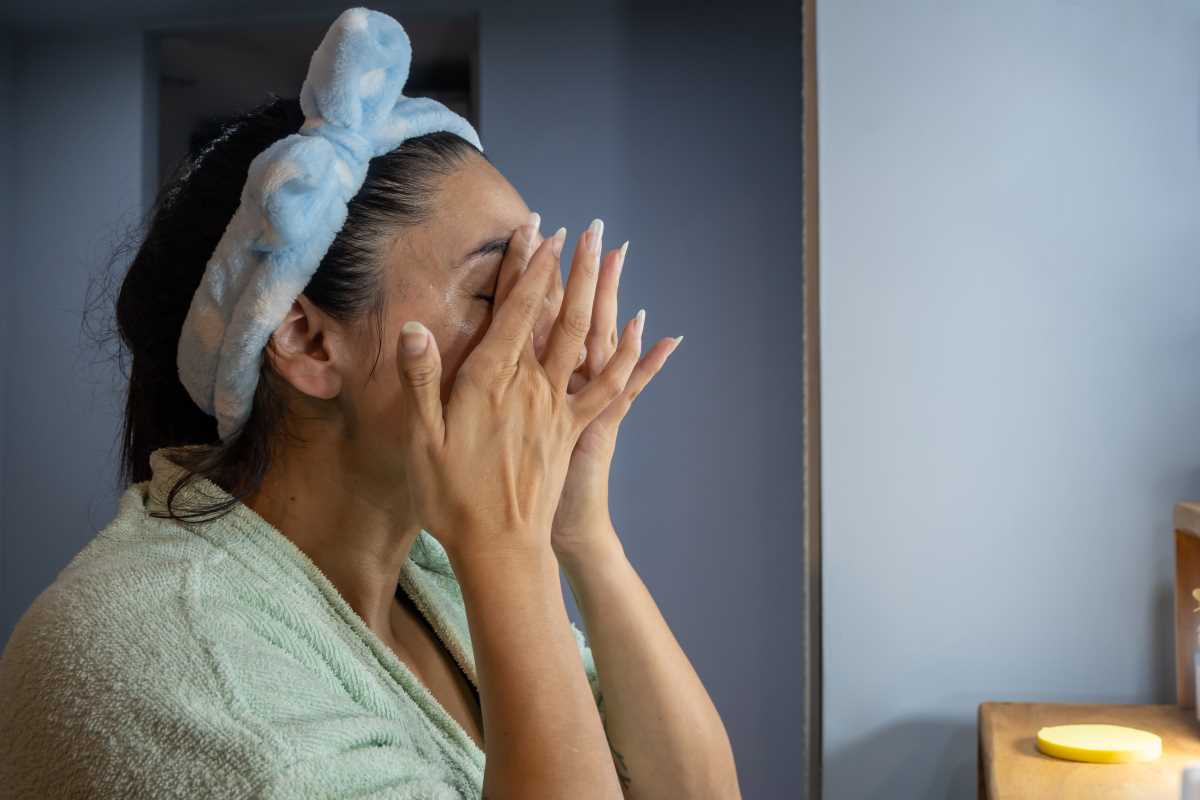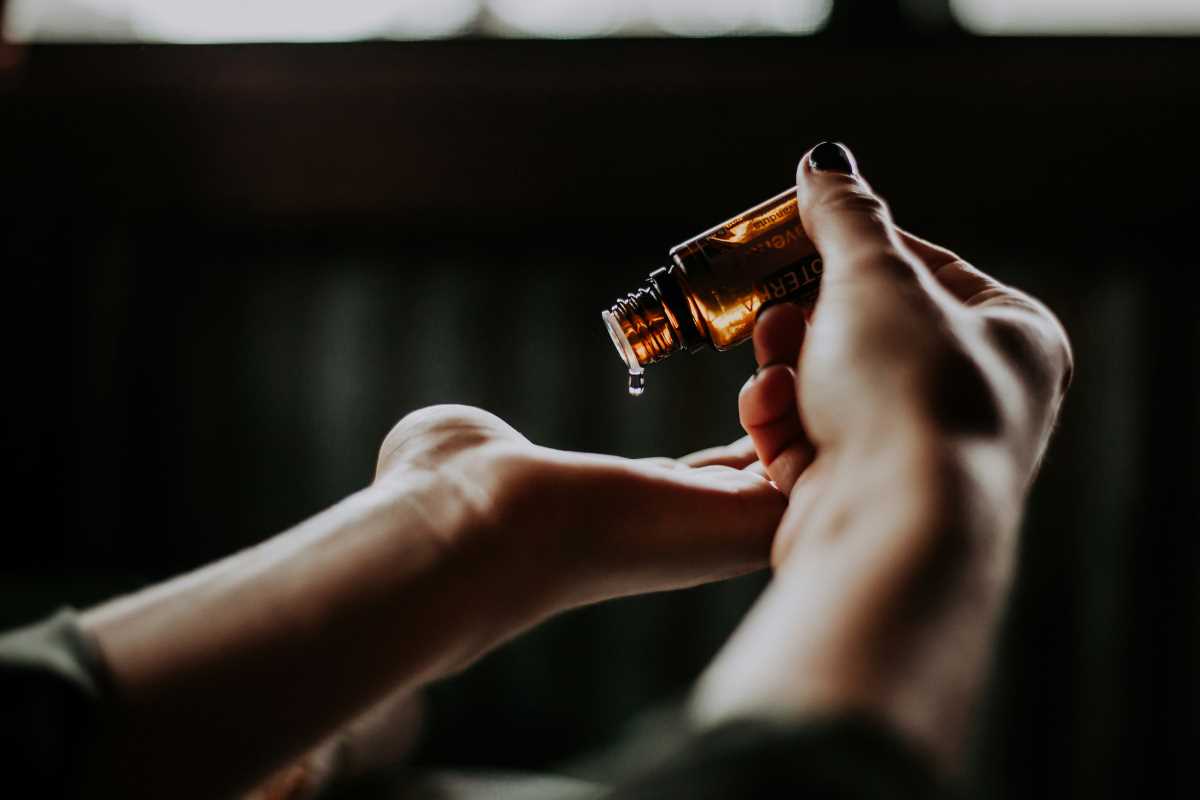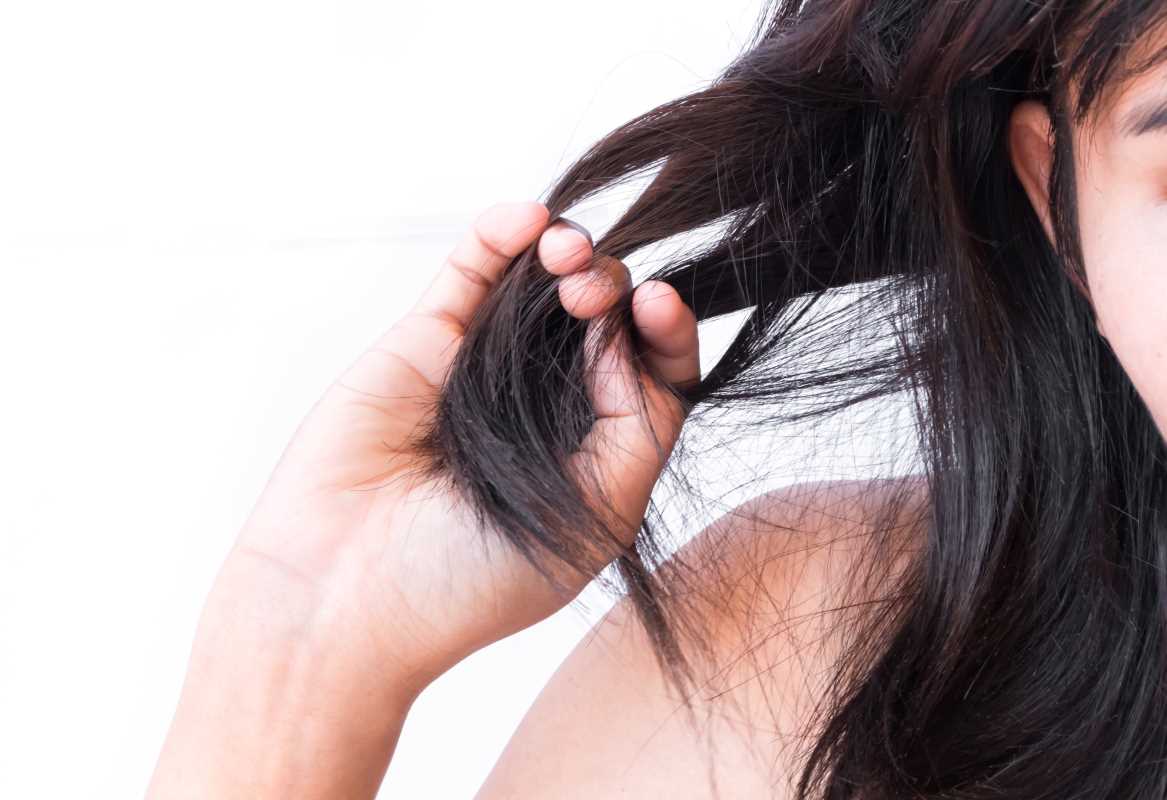While makeup can be a valuable tool for enhancing personal expression, it’s essential to recognize that regular or improper use can lead to health complications.
Although most modern makeup products are manufactured with safety in mind, certain ingredients, habits, and storage practices can increase the risk of various skin and eye conditions. Here’s an in-depth look at some of the potential health issues related to makeup use and ways to reduce the risks.
Skin Irritation and Allergic Reactions
One of the most common issues related to makeup is skin irritation or allergic reactions, often caused by ingredients like fragrances, preservatives, and dyes.
Parabens and certain dyes, for instance, can cause contact dermatitis, leading to redness, itchiness, or a rash. Even hypoallergenic or “natural” products aren’t always safe for sensitive skin. It’s crucial to test new products on a small patch of skin before applying them to the face.
Clogged Pores and Acne Breakouts
Makeup, particularly products like foundation, concealer, and powders, can clog pores, trapping dirt and oil and leading to breakouts.
- For those with acne-prone skin, using non-comedogenic products can help reduce this risk. It’s also essential to properly cleanse your face at the end of the day.
- Failing to remove makeup can worsen acne and lead to more severe skin congestion.
Additionally, some makeup formulations may increase oil production, further aggravating breakouts.
Premature Skin Aging
Some makeup products can contribute to premature aging, particularly if they lack SPF protection. UV exposure can break down collagen and elastin, which keep skin firm and youthful.
Certain makeup ingredients, like alcohols and harsh preservatives, can dry out the skin, leaving it more prone to wrinkles. For those who wear makeup daily, it’s wise to choose products with added sun protection and moisturizing ingredients to minimize the risk of premature aging.
Eye Infections and Irritation
Eye makeup, including mascara, eyeliner, and eyeshadow, is particularly risky due to its proximity to the eyes.
- If these products are shared, applied improperly, or not removed before bed, they can introduce bacteria into the eye area.
- Common conditions include conjunctivitis (pink eye), styes, and other bacterial infections. Using expired makeup, especially mascara and liquid eyeliner, can harbor bacteria that can lead to eye infections.
To reduce the risk, never share eye makeup, avoid applying it inside the waterline (the inner rim of the eyelids), and always discard products past their expiration date.
Respiratory Issues from Powdered Makeup
Loose powder products like setting powders or powdered foundations can cause respiratory irritation when inhaled, particularly for individuals with asthma or other respiratory conditions.
Tiny particles from powders can enter the nasal passages and lungs, potentially causing irritation. When applying these products, especially if they are in loose form, it’s advisable to be in a well-ventilated area and avoid breathing in the powder. Alternatively, using a damp sponge instead of a brush can help reduce airborne particles.
Lip Product Concerns
Lipsticks, lip glosses, and lip liners are often ingested in small amounts throughout the day, making it important to be mindful of their ingredients. Some lip products contain lead or other heavy metals in trace amounts, which, over time, can accumulate in the body.
Although the levels are generally considered safe, frequent use and ingestion of certain products can pose potential health risks, particularly in the long term.
To reduce exposure, opt for lip products from reputable brands that conduct heavy metal testing, and avoid reapplying excessively throughout the day.
Exacerbation of Dry Skin and Rosacea
Makeup products, particularly those with alcohol or strong fragrances, can exacerbate dry skin conditions and rosacea.
Certain foundations and powders can also settle into fine lines or dry patches, drawing more attention to areas of concern. For individuals with these skin types, it’s best to look for makeup labeled as hydrating, sensitive-skin-friendly, and fragrance-free.
Regularly moisturizing and using a primer before makeup application can also help protect the skin from drying ingredients.
Practical Tips to Minimize Health Risks
- Read Labels Carefully: Look for makeup labeled as “non-comedogenic,” “hypoallergenic,” or “fragrance-free,” especially if you have sensitive or acne-prone skin.
- Practice Good Hygiene: Regularly clean makeup brushes and tools, avoid sharing products, and ensure makeup is removed at the end of each day.
- Replace Products Regularly: Follow product expiration guidelines, especially for eye makeup. Mascara, for instance, should be replaced every 3-4 months.
- Limit Usage of Powdered Products: To reduce the risk of respiratory issues, try using cream-based products when possible.
- Choose Quality over Quantity: Investing in high-quality products with fewer potentially harmful ingredients can reduce the risk of irritation and other health concerns.
While makeup can enhance confidence and allow for creative expression, being mindful of product ingredients, hygiene, and proper application can help minimize potential health risks. Taking small steps to protect your skin and health will make your beauty routine safer and more sustainable in the long run.
 (Image via
(Image via





